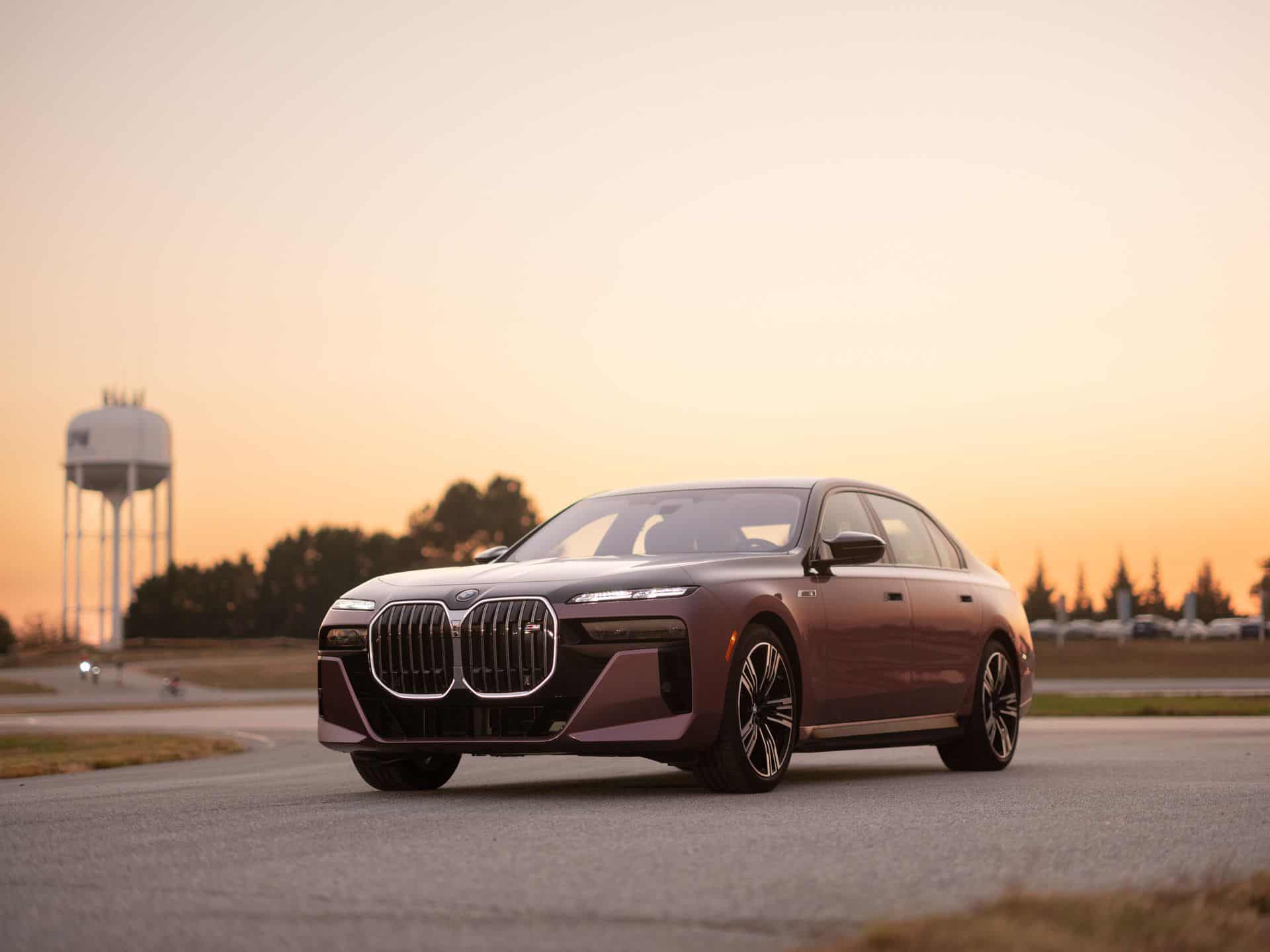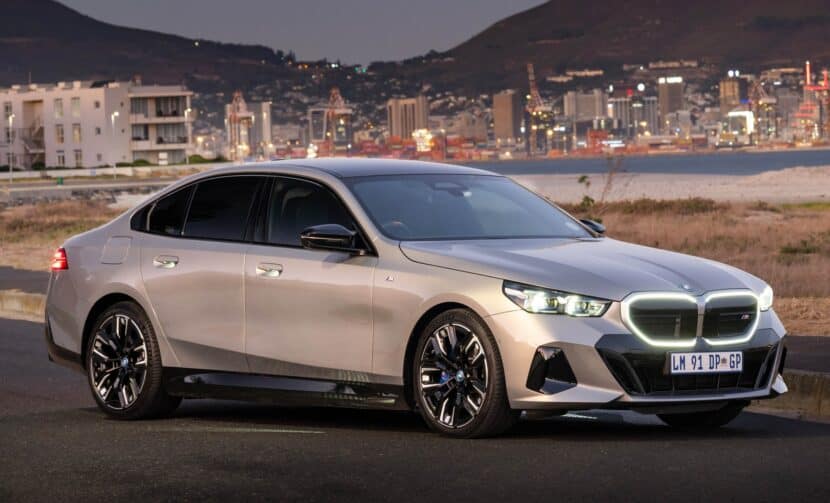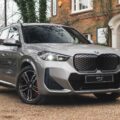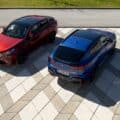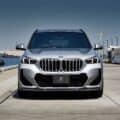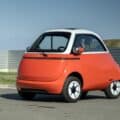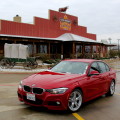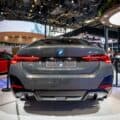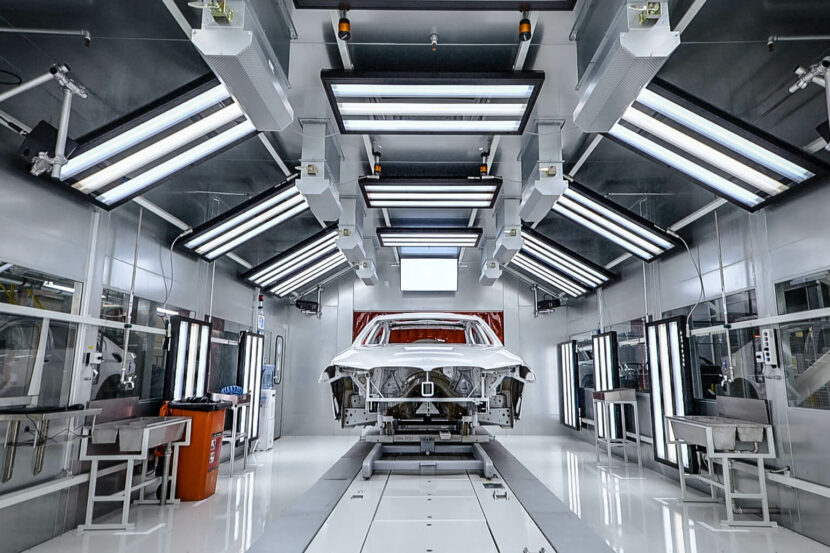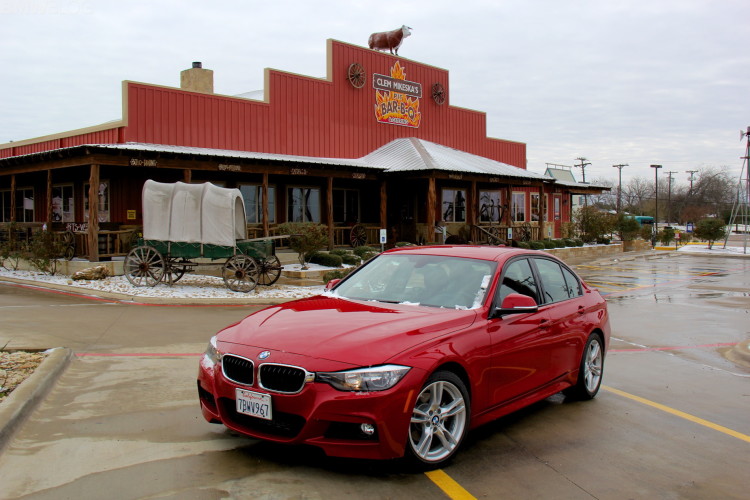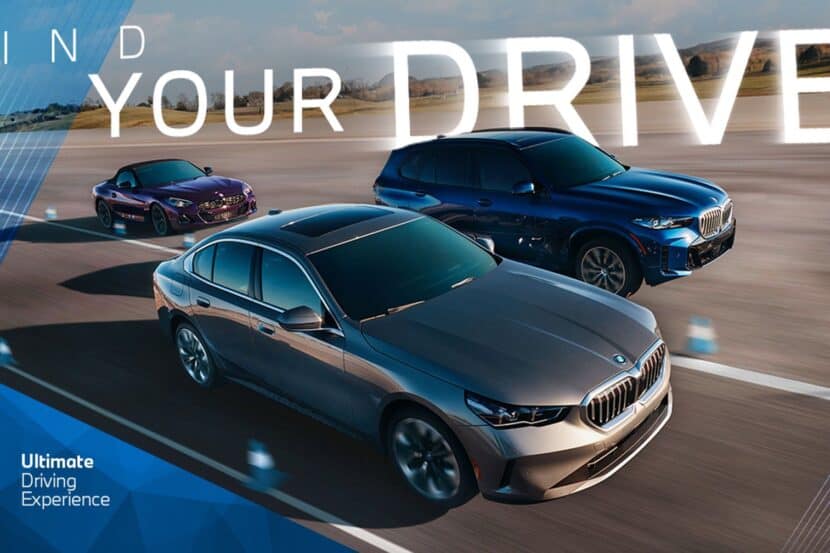BMW delivered the one-millionth electrified vehicle in December 2021 and now it’s celebrating the next milestone: two million cars. This number considers both fully electric and plug-in hybrid vehicles, from models as small as the X1 xDrive25e and iX1 to as large as the M760e and i7. Speaking during the annual press conference yesterday, company CEO Oliver Zipse said the German luxury brand is about to sell the one-millionth EV.
Although demand for fully electric cars seems to be cooling, the BMW Group delivered 74.1% more EVs in 2023 than the year before, reaching 375,716 units. The share of fully electric vehicles in total deliveries rose from 9% in 2022 to 14.7% last year. In the long run, the automotive conglomerate still believes EVs will account for more than 50% of total annual sales by the end of the decade. However, it cautions that will only happen if there’s going to be a well-developed charging infrastructure by then.
The long-term plan is to continue investments in gasoline, diesel, and plug-in hybrid powertrains since BMW argues an electric-only future is still distant. BMW will sell cars equipped with combustion engines well into the 2030s and potentially ever after that. Its ultra-luxury Rolls-Royce brand will offer an electric-only lineup by 2030 while MINI will follow suit early into the next decade.
By 2030, the BMW Group estimates to deliver 10 times more EVs than it has so far by selling 10 million cars without combustion engines. To get there, it’s making a huge bet on the Neue Klasse platform that will underpin six EV-only models by 2028. It also intends to start production of at least six electric vehicles in Spartanburg by 2030.
BMW reckons an electric vehicle doesn’t necessarily have to carry around large and heavy batteries. It’s not giving up on pursuing hydrogen fuel cell technology, which is why it’s currently testing a fleet of iX5 Hydrogen prototypes. Lessons learned from this program “are being incorporated into the development of a potential series product.”
Source: BMW


